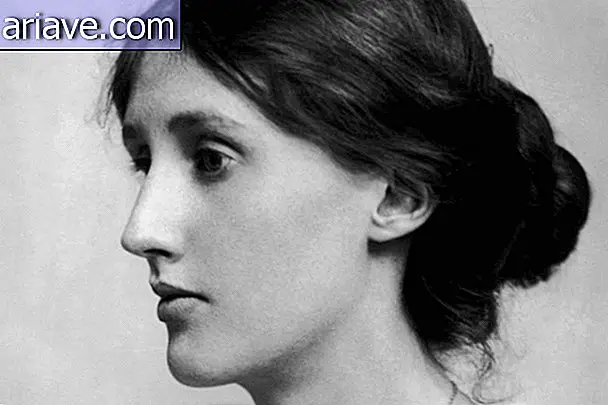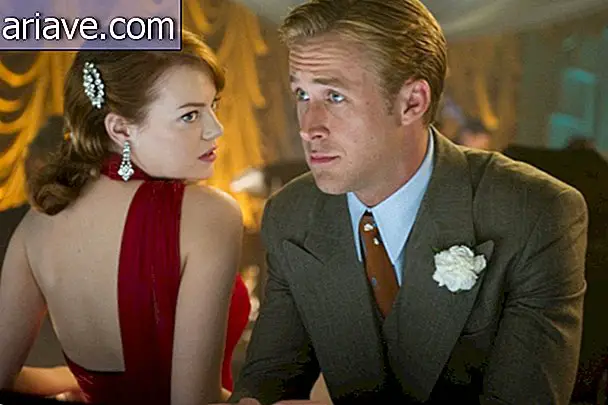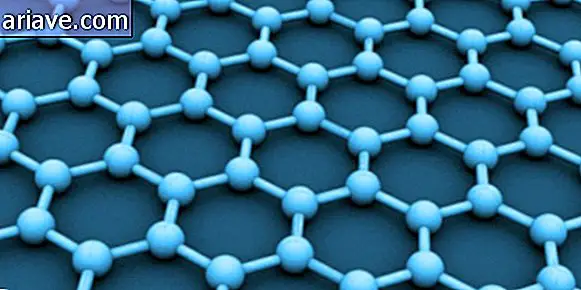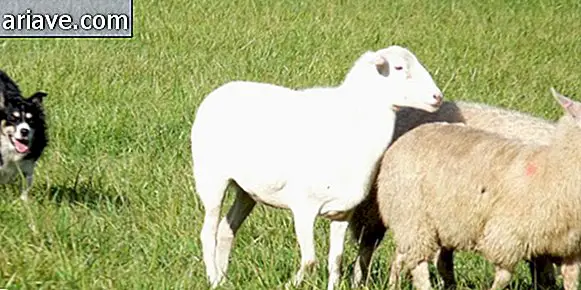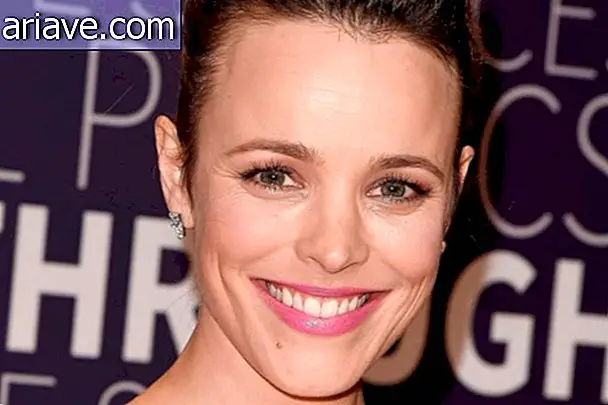4 people with autism who innovated in science
From Albert Einstein to Steve Jobs to Charles Darwin and a shovel of other big names in science and technology. The list of respected and successful researchers suspected of having autism is enormous.
Because understanding of this neurodevelopmental disorder has only come more recently, it is impossible to be sure about these cases nowadays, but from the behavioral signs described in reports of those who lived with them, the chances that they were part of the autistic spectrum They are huge.
This is because currently the diagnosis of autism is clinically performed, with behavioral observations - there is no way to do a blood test and leave the office with the diagnosis closed, although advances are being made in this direction.

Another important factor is the fact that each person with autism is different from the other, so it also makes it difficult to guess about these names.
The fact is that 1 in 68 people in the world is part of the autistic spectrum. Since autists can also have high intellectual levels, especially if stimulated, and many do not appreciate personal contact, it is not surprising that many of them pursue careers in science and succeed! Here are some names that exemplify this.
1. Barbara McClintock

Born in 1902, Barbara McClintock won the Nobel Prize in Physiology and Medicine for her discovery that genes move alone through mechanisms of genetic regulation. She received the award in 1983, but her conclusions had been reached four decades earlier.
At a time when diagnosing autism was very difficult, Barbara may have been considered just poorly communicative and very focused, as she was described as someone who concentrated so much that she forgot everything around her. However, according to Jennifer Elder's "Different Like Me: My Book of Autism Heroes, " she was part of the autistic spectrum.
2. Paul Dirac

Considered by many to be one of the smartest men and even called the "British Einstein, " Nobel Prize winner Paul Dirac was responsible for composing the equation that later led other scientists to discover antimatter.
He exhibited classic autistic behaviors: he avoided personal contact, had difficulty showing emotions, was always stuck in his own routine, and exhibited complete isolation when working on his obsession: his project.
The signs are in the biography released by author Graham Farmelo, called " The Strangest Man: The Hidden Life of Paul Dirac".
3. Michelle Dawson

Although not a science graduate, Michelle Dawson is a leading Canadian-born autism researcher. In 2003, she received an honorary doctorate from the University of Montreal for her valuable contribution to scientific research on autism.
She is part of a group coordinated by Laurent Mottron, professor of the Department of Psychiatry, who is dedicated to understanding the brains of people with autism.
4. Temple Grandin

One of today's most inspiring names, Temple Grandin is a professor of animal science at Colorado State University and one of the most prominent to discuss the most humane and least aggressive treatment of cattle going to slaughter on northern farms. American.
With more than 20 works published in her field and in the autism universe, she was one of the first scientists to speak publicly about the disorder. Over the past few decades, it has been helping people on the spectrum understand each other better and helping non-autistic people understand how their minds work.

She is the inventor of a sensational hug machine! Like many autists, Temple doesn't like to be touched, but when she's in a crisis, it helps her a lot to be held tight — by a tight hug, for example. And then she invented a machine that does it for her so she can recover! Isn't that great?




